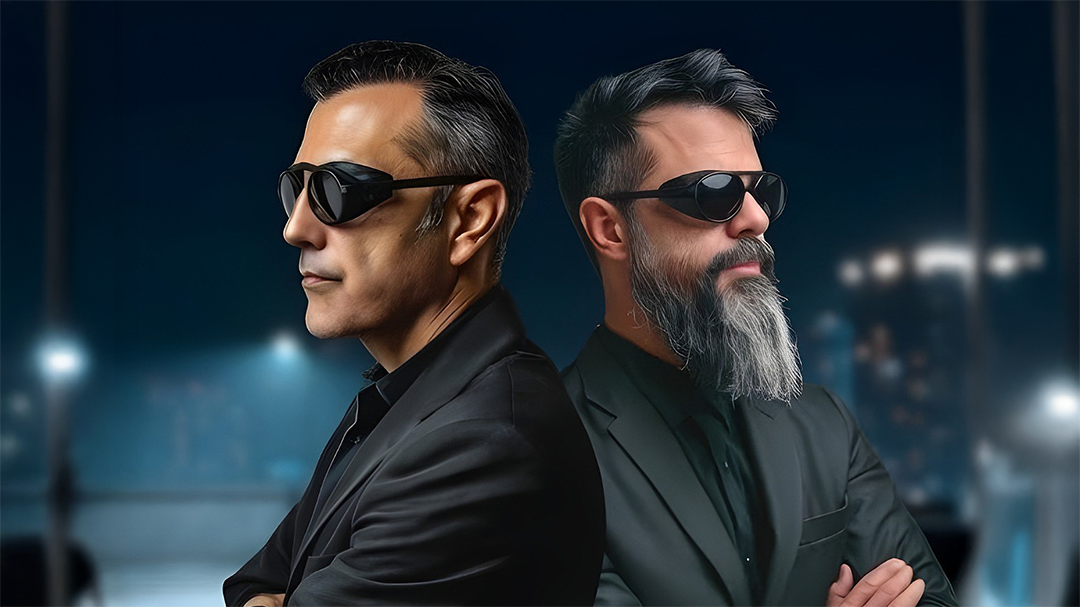WARNING: The following contains spoilers for Evangelion: 3.0+1.01 Thrice Upon a Time, now streaming on Amazon Prime Video.
From Asuka Langley-Shikinami being a clone to Gendo becoming the Final Angel to Mari Illustrious-Makinami's older-than-expected connection to NERV's history, Evangelion: 3.0+1.01 Thrice Upon a Time is packed with huge revelations about the characters fans thought they knew. Amidst all the mind-blowing drama, one smaller revelation that has gone mostly unremarked upon on the English-language internet is the casual confirmation that Rei Ayanami is somewhere on the LGBTQIA+ spectrum.
The reveal occurs a little over an hour and two minutes into the two-and-a-half-hour film when Fuyutski is preparing for the Fourth Impact. In these preparations, he remarks upon "The resurrection of the Advanced Ayanami series, untainted life forms made with pure souls free of sexual distinction." The Japanese phrase translated as "free of sexual distinction," "雌雄 も なく" ("shiyuu mo naku"), can also be translated more directly as "without sex."
What this specifically means for Rei Ayanami is up for some interpretation, but all interpretations would place her as one letter or another in the LGBTQIA+ acronym. If Fuyutski is talking about physical sex, then this means Rei is intersex (with prominent feminine-coded secondary sexual characteristics). If he's talking about gender, then Rei is agender/non-binary. While it might be more of a reach, it's also within the realm of possibility that being "free of sexual distinction" could make Rei either pansexual or asexual.
It's worth noting that Amazon's translation for the Rebuild of Evangelion movies is done by Khara's in-house translator Dan Kanemitsu, whose translation for Netflix of the original Neon Genesis Evangelion TV series inspired controversy over arguably minimizing Kaworu's canonical queerness. For Rei's queerness to be stated relatively directly, in that context, is meaningful.
Some might say that Fuyutski is only talking about the "Advanced Ayanami" clones as being distinct from other versions of Rei Ayanami, but physically the Advanced Ayanamis appear to be indistinguishable from the others (at least before the distorted Additional Impact Ayanamis, who aren't directly stated to be the Advanced ones addressed by Fuyutski). Both versions of Rei Ayanami who've been main characters in Rebuild of Evangelion, especially the clone audiences have come to know and love throughout 3.33 and the first hour of 3.0+1.01, are so disconnected from human social norms that it makes perfect sense they'd not relate to norms of gender and sexuality.
Making Rei Ayanami canonically queer does fit a common trend in fantasy and science fiction in which most queer representation, particularly non-binary representation, is more common amongst characters who are at least partially non-human. The unfortunate implications of this trend are remedied in Evangelion's case by the presence of significant queer human characters. Shinji's bisexuality is even more explicit in the Rebuild films than in the original series. Maya Ibuki is still a lesbian. In addition to these canonically confirmed characters, there's also heavy bisexual subtext in flirty scenes between Mari and Asuka. And, of course, real-life queer people have been instrumental in Evangelion's success; the new film's ending wouldn't be half as moving without the closing song by non-binary singer Utada Hikaru.
All four Rebuild of Evangelion films are streaming worldwide on Amazon Prime Video.
About The Author

